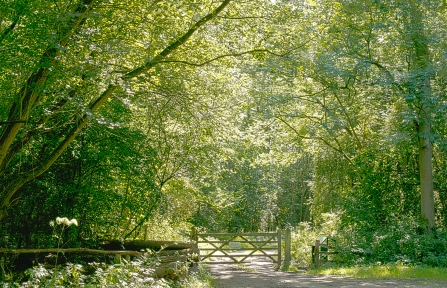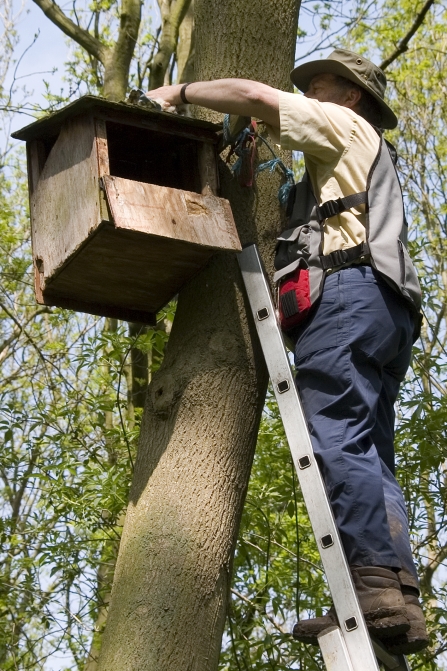One such site is Treswell Wood near Retford, the first reserve ever purchased by the Trust back in 1973. Like many of the sites we care for, volunteers were responsible for the site being saved.
Back in the 1970s Treswell Wood was threatened with being turned into a commercial forestry plantation, a fate that would have destroyed its ancient woodland character.



